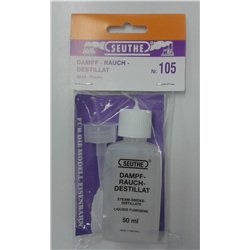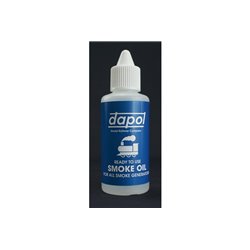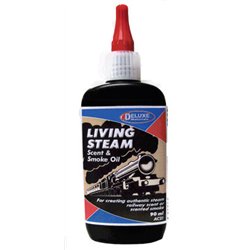Felix Pole was an ambitious employee of the Great Western Railway. Born in 1877, by the age of 27 he was working in...
No products
Product successfully added to your shopping cart
There are 0 items in your cart. There is 1 item in your cart.
Search Tips
What type of oil should I use in a smoke generator?
As the topic of "What type of oil should I use in a smoke generator?" involves mixing oil, heat, electric and your favourite expensive locomotives, the advice would have to be - a purpose-made one! But for argument's sake, what else could you use providing you don't mind the odd house fire?
Smoke generators don't know that they are smoke generators, they are a mere simple circuit with a low powered heating element that runs off a very low voltage. With this in mind, the likely outcome of any experiment using other oils is likely to be no smoke at all.
Most oils not designed to work in a smoke generator will probably be too thick in viscosity for a model smoke generator to have much of an effect on. Having said that, some modellers have had success with products such as baby oil and vaping liquid.
For those less adventurous (and those that prefer their house without the charcoal effect) the official oils to use in a smoke generator are readily available from all good model shops, a good example of these are Seuthe's and Dapol's smoke oils.
Click here to receive the tips weekly in your mailbox. You can unsubscribe at any time.










